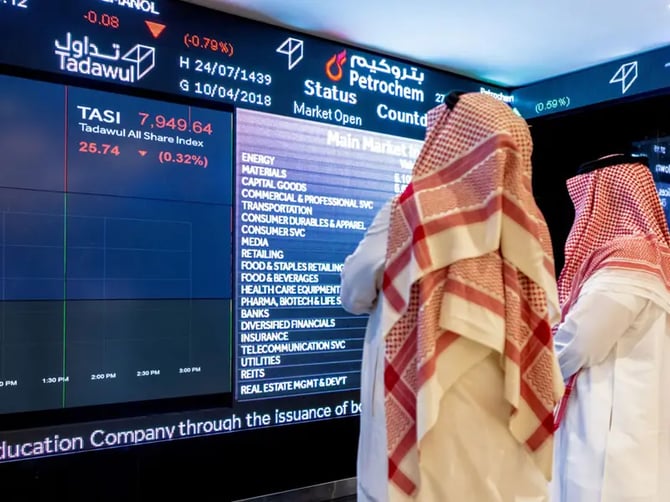Saudi Arabia Channels Oil Wealth into a $3 Billion AI Power Play
Saudi Arabia is shifting its economic engine from crude to code, pouring billions into artificial intelligence through Humain, a state-backed firm owned by the Kingdom’s nearly $1 trillion sovereign wealth fund.
Announced by Crown Prince Mohammed bin Salman in May, Humain is central to Riyadh’s bid to become the world’s third-largest AI market, behind the U.S. and China. Its pitch rests on the powerful advantage that it has cheap, abundant energy to feed data-hungry AI infrastructure.
This week, Humain unveiled a $3 billion partnership with Blackstone to build data centers across the Kingdom, part of a plan to reach six gigawatts of capacity by 2034.
The company’s alliances read like a who’s-who of global tech, with Nvidia, AMD, Amazon Web Services, Qualcomm, and Cisco each drawn by the promise of a low-cost energy base and government incentives aligned with Vision 2030.
Humain also launched its flagship platform, Humain One, an AI operating system that allows users to speak or type commands rather than navigate icons, signaling Saudi Arabia’s intent to leapfrog traditional software models. Internally, the company already uses AI to manage departments like HR, finance, and IT, cutting staff costs dramatically.
What Does This Mean for Me?
Riyadh’s AI surge mirrors the UAE’s own $500 billion “Stargate” project, but Saudi officials insist the race isn’t zero-sum. With Vision 2030 entering its final stretch, AI investment has become the Kingdom’s most ambitious hedge against a cooling oil market, and its boldest bid yet to reinvent its economic identity

More News
.webp)
Japan’s Rate Shift Is Rippling Through Global Bond Markets

China’s Growth Engine Stalls as Consumers and Investors Pull Back

Egypt’s Recovery Gains Traction as Household Pressure Lingers

OECD Warns AI and Tariffs Will Test the Global Economy

Zero Tariffs, Higher Drug Bills as US and UK Reset Pharma Trade

Catastrophe Bonds Go Global as Climate Risk Meets Yield Hunting
.webp)
Canada Shields Steel and Lumber Industries From Tariffs
